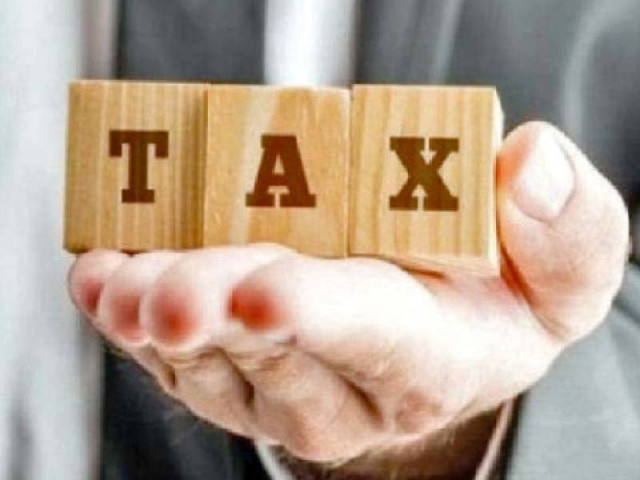Sindh hikes sales tax to 15%
Move likely to exacerbate inflation as indirect tax disproportionately affects low-income groups

The Sindh government has announced an increase in the rate of provincial sales tax on services by 2 percentage points, raising it to 15% effective from July 1. This move is expected to exacerbate inflation as it is an indirect tax that disproportionately affects low-income groups.
The government estimates that this hike will generate an additional Rs120 billion, bringing the total SST collection to Rs350 billion for the fiscal year 2024-25.
Additionally, the government has aggressively increased the rate of professional tax on personal income and some services by 300%, raising it to Rs2,000 per year. Taxes on imported and locally manufactured vehicles have also been significantly increased by up to Rs450,000 per unit.
The professional tax on petrol pumps and CNG stations has surged by 300% to Rs20,000. Tax on domestic air tickets has been raised to Rs2,500 each and to Rs1,000 each on international travel.
According to the provincial Finance Bill 2024, the provincial government has announced reductions in the rate of taxes on digital services, particularly those at restaurants and on telecom services, to promote the digital economy.
Unveiling the provincial budget for 2024-25, Sindh Chief Minister Murad Ali Shah announced a balanced budget with total projected expenditures equal to the estimated resource mobilisation at Rs3.06 trillion. Out of this, provincial tax collection is projected at merely Rs662 billion (almost 22%).
The Sindh government will generate the remaining 78% through federal transfers, bank borrowing, foreign project assistance (FPA), and carryover cash balances from the outgoing fiscal year 2023-24.
The government is rationalising the tax rates after a four-year gap to mobilise additional revenue, aiming to contribute to debt repayment, ramp up relief work and rehabilitation for households, and support development projects to spur economic growth. CM Shah said the need for social development and meeting international financial obligations requires raising additional funds from indigenous sources.
Accordingly, they have adjusted tax rates instead of imposing new taxes. “However, we have ensured to restrict its impact to a bare minimum on poor segments of society,” he claimed.
He proposed enhancing the standard rate of Sindh Sales Tax (SST) from 13% to 15% to harmonise tax rates with other Service Tax Administrations in Pakistan. “However, the exemptions and reduced rates of SST, where notified, shall remain effective.” To promote digitalisation, it is proposed to reduce the SST rate to 8% for restaurant services involving customers’ payments through digital means such as debit and credit cards, mobile wallets, QR scanning, etc.
To support telecom services, which pay a high rate of 19.5% SST but utilise input items paying Federal ST of up to 18%, it is proposed to allow them the input tax credit of up to 18%, instead of the current 17%, he said.
Under the head of excise and taxation, the resource mobilisation proposals are expected to generate revenue of Rs35.90 billion annually. “Our efforts are focused on taxing the affluent class,” he said. “We have proposed enhancing the Luxury Tax on imported cars of different engine capacities ranging from 1500 CC to 3000 CC, with values from Rs150,000 to Rs450,000.”
The rate of Infrastructure Development Cess has been revised from 1.2% to 1.8%. “We have also proposed revising the rate of professional tax from Rs500 to Rs2,000 each (on personal income and some services).”
The professional tax on all petrol pumps and CNG stations is proposed to be increased from Rs5,000 to Rs20,000. Additionally, transfer fees for different vehicles with capacities ranging from 800 CC to 2001 CC are proposed to increase within the range of Rs500 to Rs5,000.
The soaring inflation has increased the cost of collecting different levies. It is imperative to align the rates, fees, and other charges of various levies under the domain of the Board of Revenue with the rising collection costs. “These rates have not been revised for the last 10 to 15 years,” he said.
Therefore, he proposed enhancing fees under various articles including acknowledgment of receipt, affidavit for declaration, memorandum of agreement, bill on entry, debentures, transfer of lease, duplicate charges, rent-based lease license agreements, letters of credit, mortgage deeds, policies of insurance including fire and sickness, indemnity, power of attorney, promissory notes, settlements, and trusts.


















COMMENTS
Comments are moderated and generally will be posted if they are on-topic and not abusive.
For more information, please see our Comments FAQ